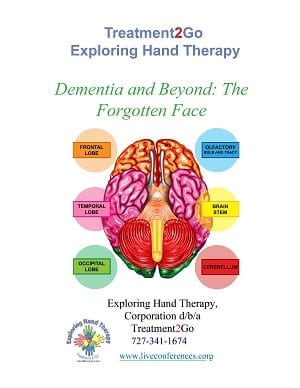
Dementia and Beyond: The Forgotten Face (OT)
| CONTACT HOURS: | 3 Hours |
| CEU: | 0.3 |
| AOTA: |
Domain of OT, OTP, Check Accreditation
|
| NBCOT®: | 3.75 PDUs |
| STATE: |
AL CE Broker 20-542040 3hrs FL CE Broker 20-542040 3hrs |
This is an introductory level course. Dementia is a broad category of diseases that affects the brain and its ability to think and remember. This course is designed to explore the variety of disorders that comprise dementia, including Alzheimer’s disease
Buy Now
$28.99
Description
CEU: .3 FL /AL OT CE Broker 20-542040
ContactHours: 3
We Report to CE broker NBCOT® 3.75 PDUs
Domain of OT, Occupational Therapy Process
Description
This is an introductory level course. Dementia is a broad category of diseases that affects the brain and its ability to think and remember. This course is designed to explore the variety of disorders that comprise dementia, including Alzheimer’s disease. Causes, risk factors, stages of memory loss and therapeutic tools will be explored. The learner will increase skills and knowledge regarding Alzheimer’s disease and other related disorders, as well as how to support family/friends in their role as caregiver. This course is intended for social workers, mental health counselors, occupational therapists, occupational therapy assistants and marriage and family therapists. To complete, the course must be viewed in its entirety with an 80% or greater score on the post test. Resources are available at the end of the course.
Objectives
- Recognize the difference between dementia disorders and Alzheimer’s disease.
- Identify related dementia disorders
- Identify secondary causes and risk factors of dementia and related disorders
- Determine the stages of Alzheimer’s
- Differentiate between normal aging and Alzheimer’s disease
- Identify therapeutic approaches and communication tools
- Review behavioral changes in Alzheimer’s patients
- Identify signs and symptoms of caregiver fatigue
- Recognize the signs and symptoms of abuse
Outline
- Define dementia
- Dementia versus Alzheimer’s disease
- Alzheimer’s disease as the leading cause of dementia-related death
- How is dementia diagnosed?
- Common and recognizable symptoms
- Physician visit
- Medical history
- Physical exam
- Mental assessment
- C. Brain scans
- CT
- MRI
- PET
- SPECT
- Related dementia disorders-the definitions of
- Vascular dementia
- Alzheimer’s disease
- Mixed dementia
- Stroke
- Pick’s disease
- Lewy Body Dementia
- Parkinson’s disease
- Huntington’s disease
- Normal pressure hydrocephalus
- Secondary causes of dementia-exploration and definition of
- Medications
- Vitamin deficiency
- Infectious diseases
- HIV
- Meningitis
- Encephalitis
- Creutzfeldt-Jakob disease
- Metabolic disorders
- Depression
- Brain tumors
- Environmental factors
- Alcohol and illegal drugs
- Anoxia
- Poisoning
- Brain images
- Normal brain
- Brain affected by Alzheimer’s disease
- How the cortex is affected
- Changes in the hippocampus
- Changes in the ventricles
- Organic issues
- Abnormal protein
- Tau proteins
- Amyloid proteins
- Genetic mutations
- Early onset and identified genes
- Late onset and identified genes
- Abnormal protein
- Risk factors associated with Alzheimer’s disease
- Age
- Alcohol
- Atherosclerosis
- Diabetes
- Down Syndrome
- Genetics
- Hypertension
- Depression
- Smoking
- Stages of Alzheimer’s disease
- Three stages
- Early, Mild, Severe
- FAST scale/7 stages
- Detailed exploration of each stage in the FAST scale
- Three stages
- Normal aging versus Alzheimer’s disease
- Exploration of normal aging forgetfulness
- Exploration of forgetfulness and confusion associated with Alzheimer’s disease
- Therapeutic approaches to people with Alzheimer’s disease
- Medications
- Maintaining independence
- Role of the caregiver
- Communication
- Use of memory devices
- Activities of daily living
- Assistive devices
- Medical
- Non-Medical
- Communication Tools
- Suggestions for professionals working with Alzheimer’s patients
- Identify self
- Use of the patient’s name
- Using a soft voice
- Acceptance
- Patience
- Active listening
- Non-verbal cues
- Suggestions for professionals working with Alzheimer’s patients
- Behavioral challenges in people living with Alzheimer’s disease
- Sundown syndrome
- Definition of
- Interventions
- Sleep disturbances
- Causes and interventions
- Wandering behaviors
- Definition
- Causes and interventions
- Hallucinations, delusions and paranoia
- Definition
- How to respond to psychotic behaviors
- Repetitive behaviors
- Echolalia
- Repeating activities
- Hoarding
- Definition
- Examples of hoarding
- How to respond
- Sundown syndrome
- Help for caregivers
- Caregiver fatigue
- Suggestions to support caregivers
- Support groups
- Local Alzheimer’s Association chapter
- Physical health interventions
- Help from family, friends and neighbors
- Abuse of Alzheimer’s patients
- Definition of the types of abuse
- Physical
- Emotional
- Sexual
- Financial
- Involuntary seclusion
- Abandonment
- Signs and symptoms of abuse
- Reporting suspected abuse
- Definition of the types of abuse
Check out the powerful Book” I Will Never Forget” written by a fellow OT Elaine Pereira – the book has won dozens of rewards!
This is a “must have” partner book to really get into the reality of this devastating disorder.
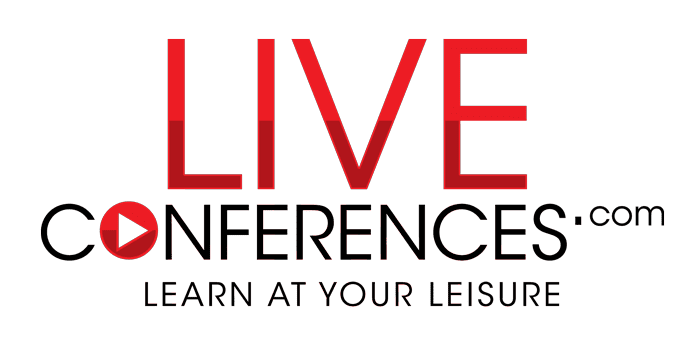
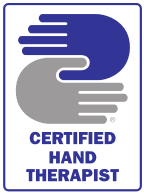
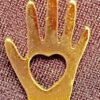

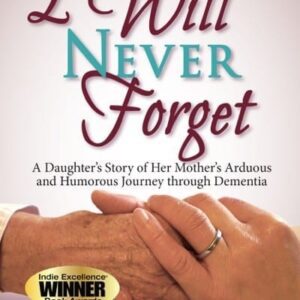




Nan Boyer –
This is an excellent course! I highly recommend this to anyone working with dementia patients. Very informative. My husband had dementia. I would be very pleased to have a therapist aware of this information working with my loved one.
Sandra Hartman –
This class surpassed my expectations. It was engaging, interesting and loaded with great points.
Erin White –
Learned lots of great tips and techniques to use with my patients. This class was engaging and gave me clinical skills I can use right away.